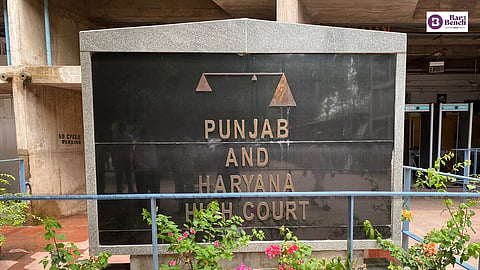
- News
- Columns
- Interviews
- Law Firms
- Apprentice Lawyer
- Legal Jobs
- हिंदी
- ಕನ್ನಡ

The Punjab and Haryana High Court recently imposed costs of ₹50,000 on a woman for filing a criminal complaint against her former husband alleging that he had fraudulently obtained divorce by mutual consent.